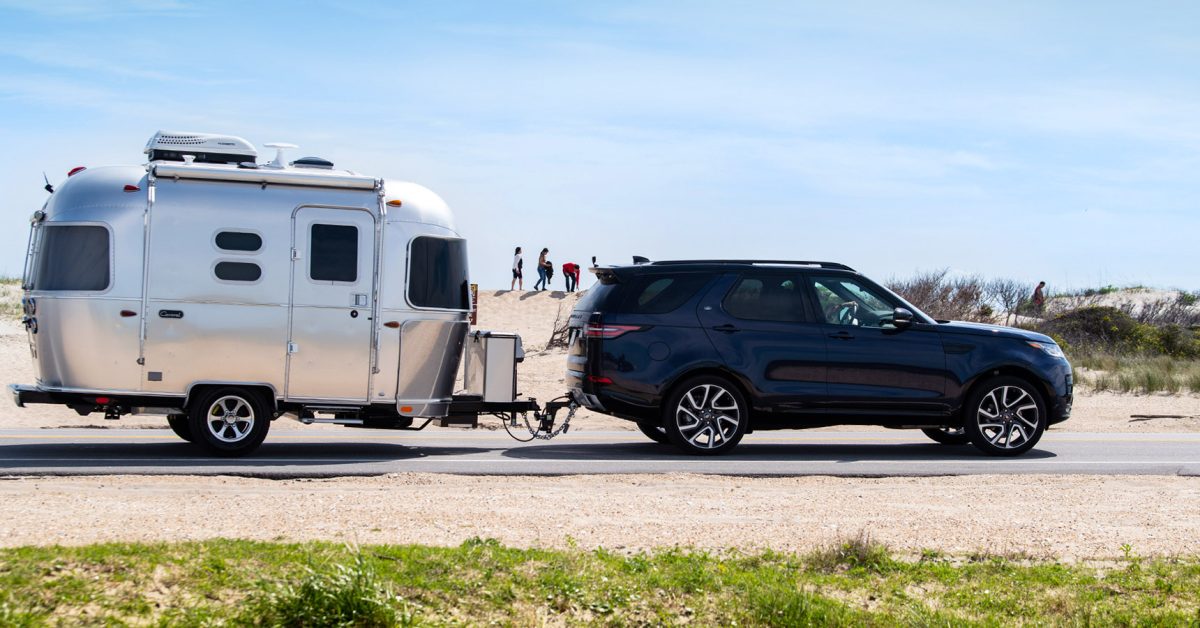Interesting concept.
The tow vehicle will first need to handle the weight of the RV. Once that is met, you could easily say that a second battery bank in the trailer to power the tow vehicle would be enough. On second thought, a driven axle in the RV may allow to under size the electric motor in the vehicle for better economy when not towing the RV. In that case, an assist motor in the trailer would take the strain off the undersized motor in the electric vehicle (or a gas powered vehicle) and allow a tow of bigger loads.
I think some of this on paper makes some sense. Not alot but some. It is not surprising to see this stuff. Electric vehicle technology so far leaves alot to be desired but its getting better. The biggest mistake in the industry is that a major step was skipped. Much like the switch from full gas to the hybrid, the industry somehow forgot that the switch to full electric from the hybrid should have included a small gas generator for charging batteries when needed. This would help the range problems. From there they could plan a complete switch to electric only or enjoy the two different markets with the additional step. Not sure why this step was skipped but it is a sensible step and solves lots of issues for the folks that want an electric vehicle but are not thrilled about the range ratings and the true range. I can say with great certainty that any rating of distance on EVs will be far less in the real world. Air conditiining alone will reduce range by 25% especially in the warmer climates where air conditioning is needed 8 months a year or more and in the colder climates you need heat.

 electrek.co
electrek.co

 electrek.co
electrek.co
